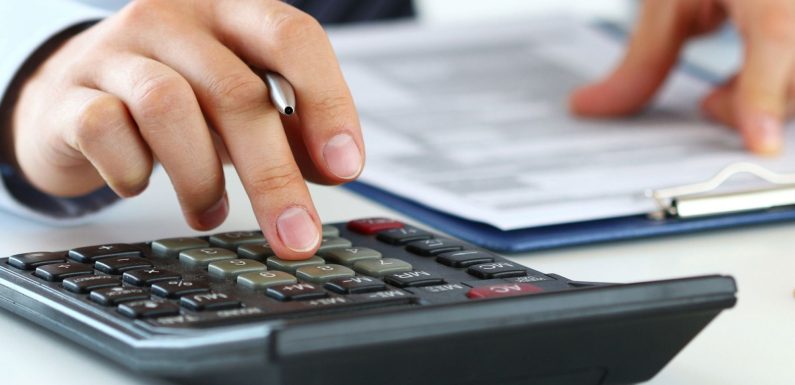
If you are a business owner, you might be wondering how do you calculate business tax. There are several factors that go into calculating your tax bill. In addition to the federal tax, you might also have to pay state and local taxes. While these taxes are usually lower than the federal amount, they can be more complex to calculate and can carry significant penalties if you make a mistake. That’s why it’s so important to thoroughly check all forms before submitting them. Also, keep in mind that business tax does not depend on one number and changes in the tax code can affect your tax amount.
First of all, you should calculate your taxable income. You can do this by subtracting expenses from your gross revenue. Remember to include a portion of your tax payments for the current quarter. This way, you can estimate the taxes you will owe for the entire year and adjust your totals as necessary going forward. If your business is small, you may want to calculate your business tax liability quarterly. This way, you can avoid a large tax bill at the end of your fiscal year.
The next step is to determine your AGI. Your AGI is your taxable income, minus any deductions you have. In the case of businesses, you can use the standard deduction, itemized deductions, or both. A business owner may also qualify for a deduction called qualified business income. Certain credits also lower your tax liability. Once you know how much tax you owe, you can properly budget your business.
Besides income tax, business owners also have to pay self-employment tax. Self-employment tax is the second most common type of tax that they have to pay. Normally, it’s calculated at the same time as filing the tax return, so you don’t have to prepare a separate return every year. You can also calculate your tax liability by multiplying your estimated taxable income by 15.3%. If your business doesn’t generate enough income to pay self-employment tax, you might be able to deduct that from your estimated income and not have to pay anything.
In addition to income tax, a business may have to pay self-employment tax or employment tax. These taxes depend on the number of employees you have and the type of goods and services you sell. It’s best to consult with a tax professional about the exact requirements in your state. In addition to understanding your liability, the tax professional will help you find a way to reduce your business’ tax liability. You might even find deductions and credits that you can claim.
If you own a pass-through business, you’ll need to calculate the tax due on sales from your company. A pass-through entity does not have to pay taxes on income, but businesses in certain industries will need to pay excise taxes. For example, a business that provides services for airplanes must pay excise tax on their personal property. If you’re an indoor tanning business, you’ll also need to pay excise taxes on the sale of tanning beds and aircraft.












